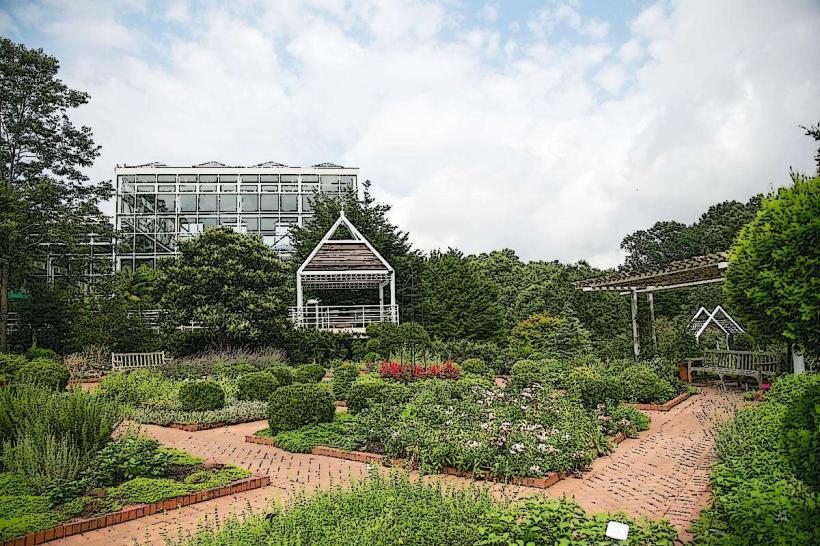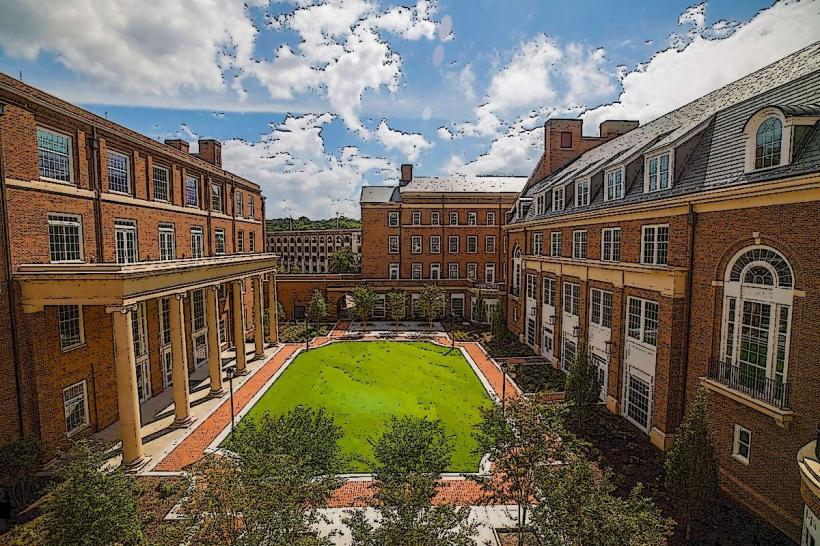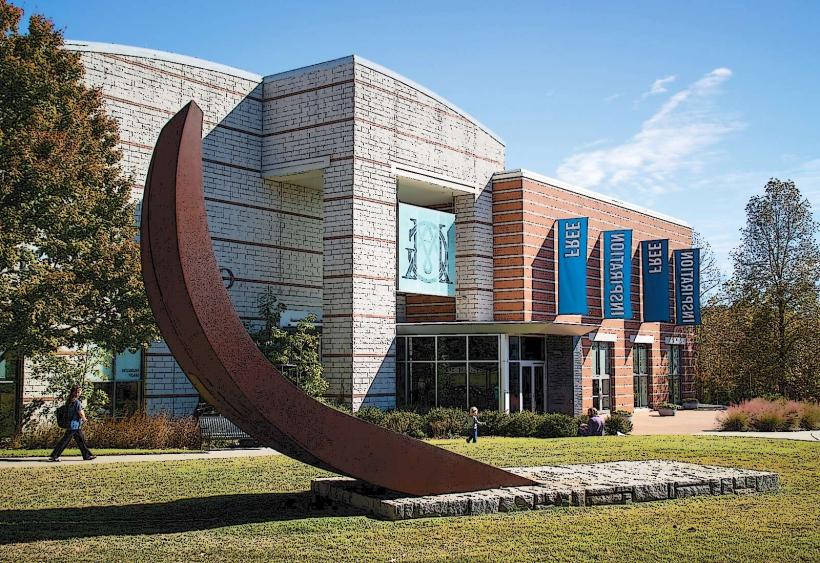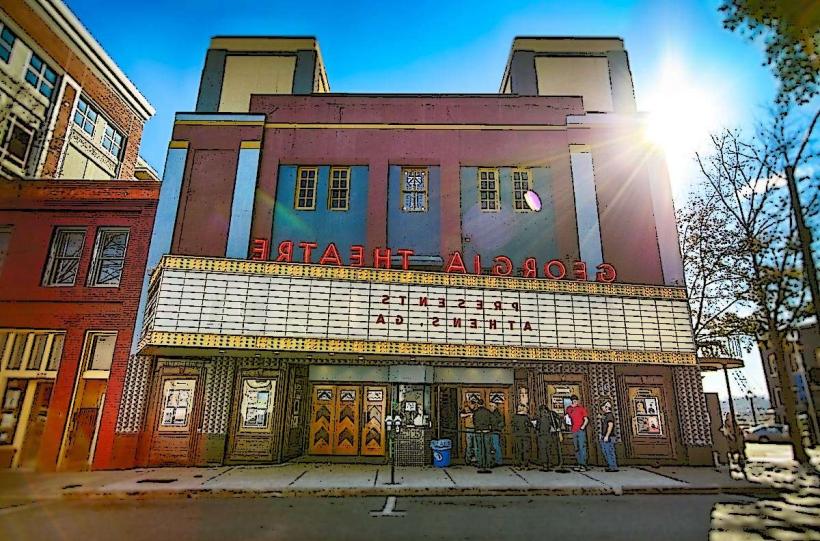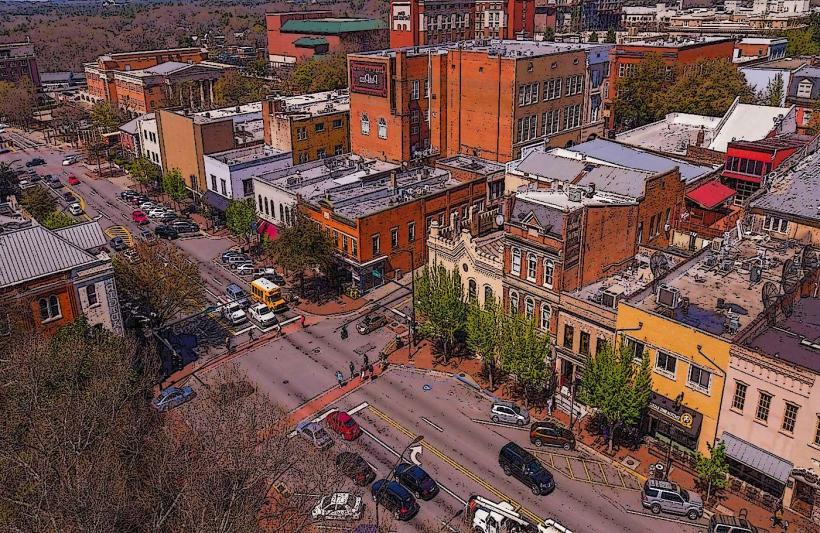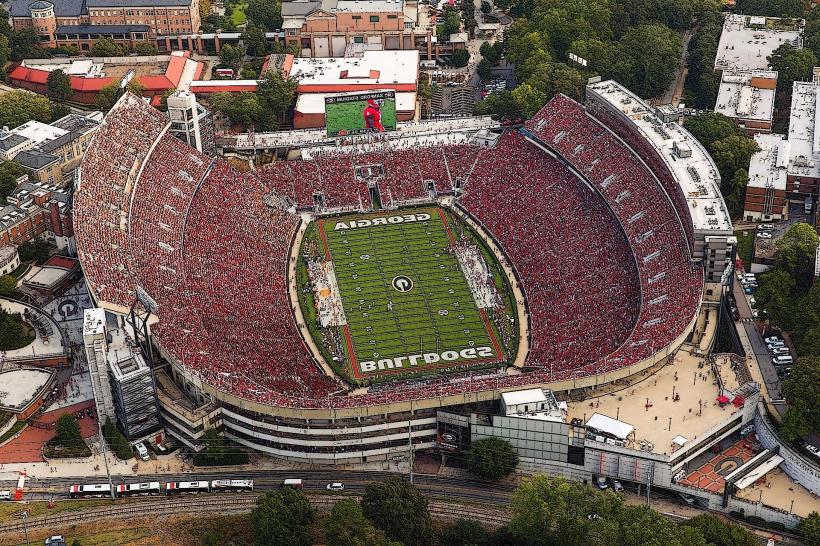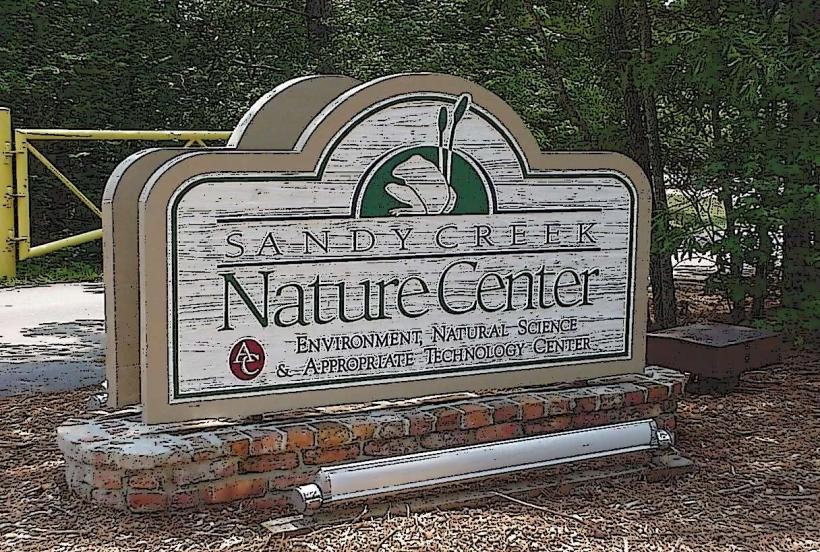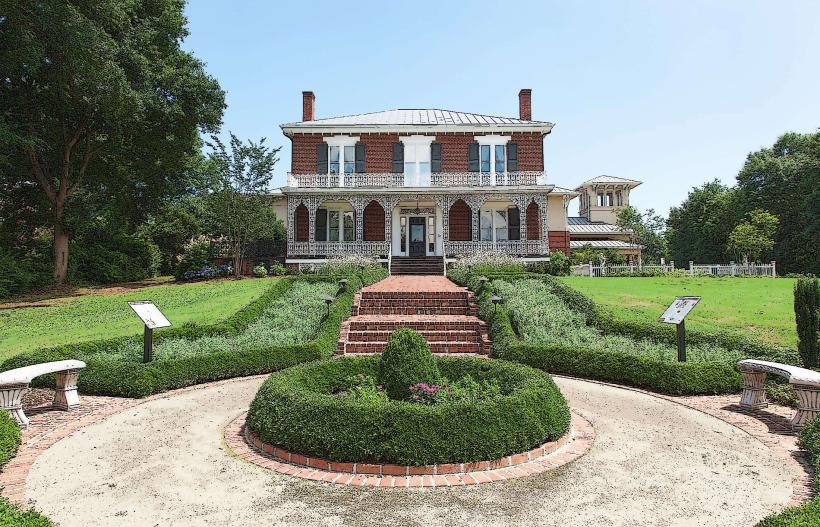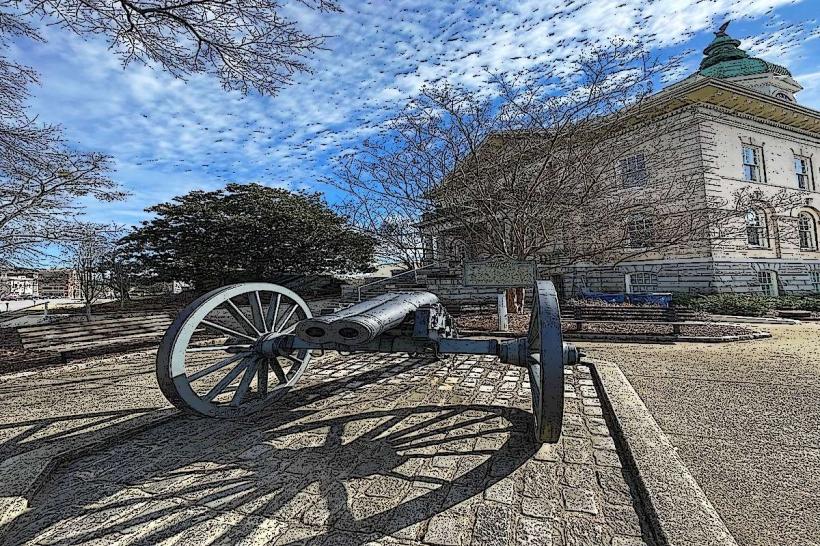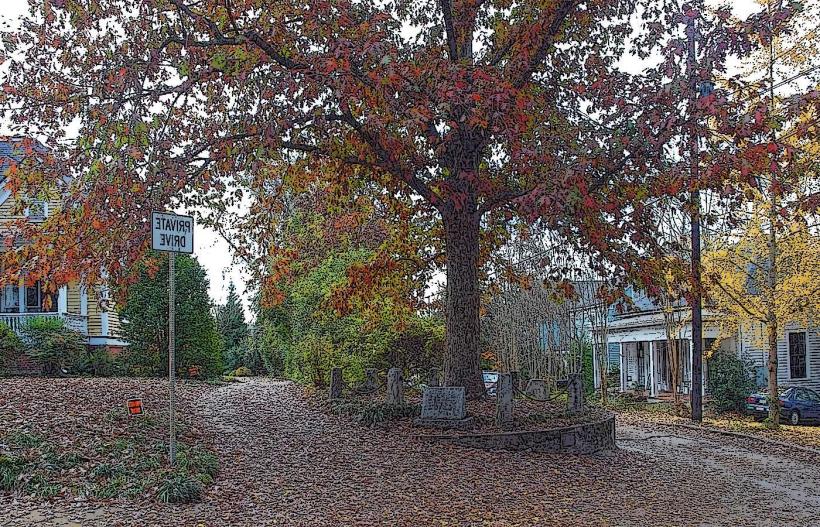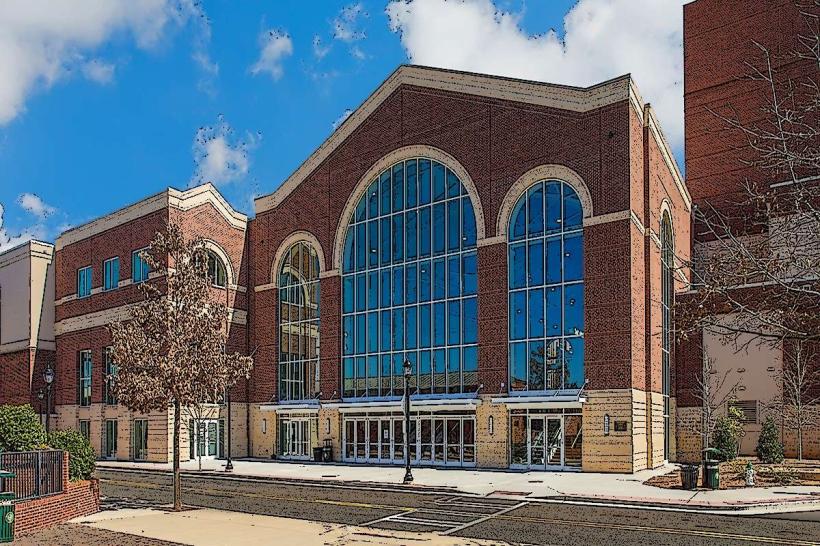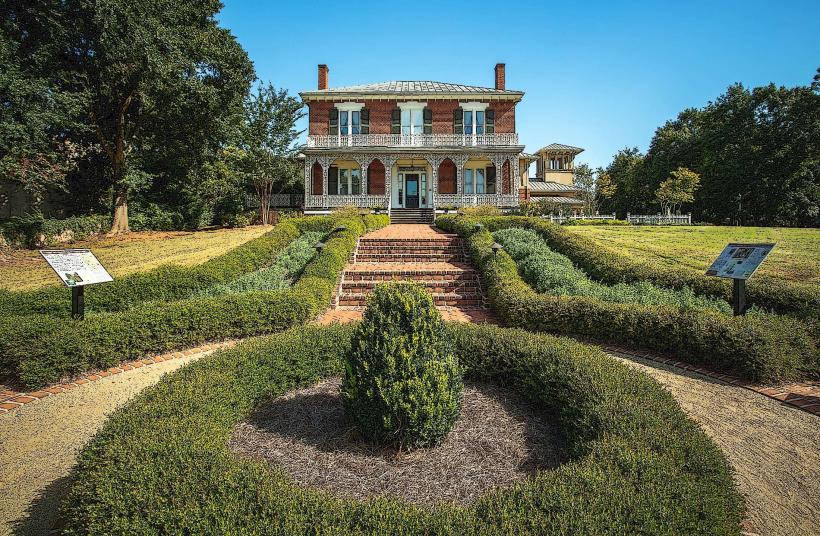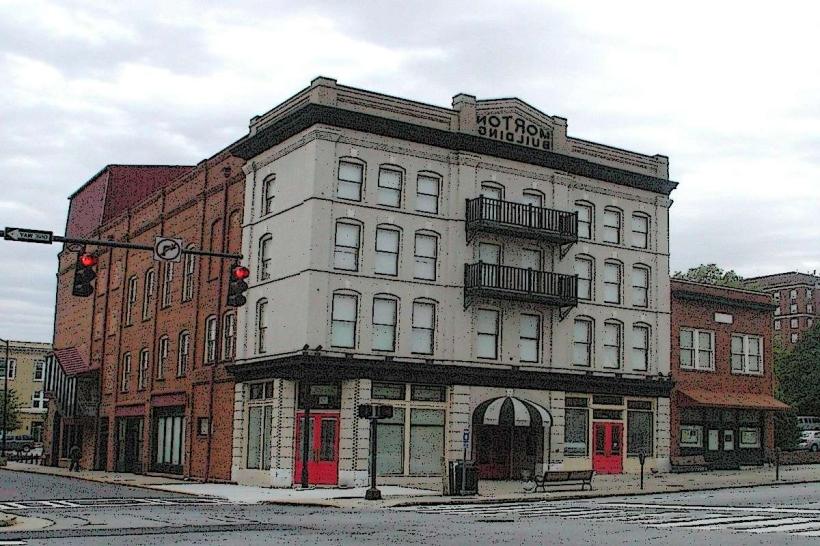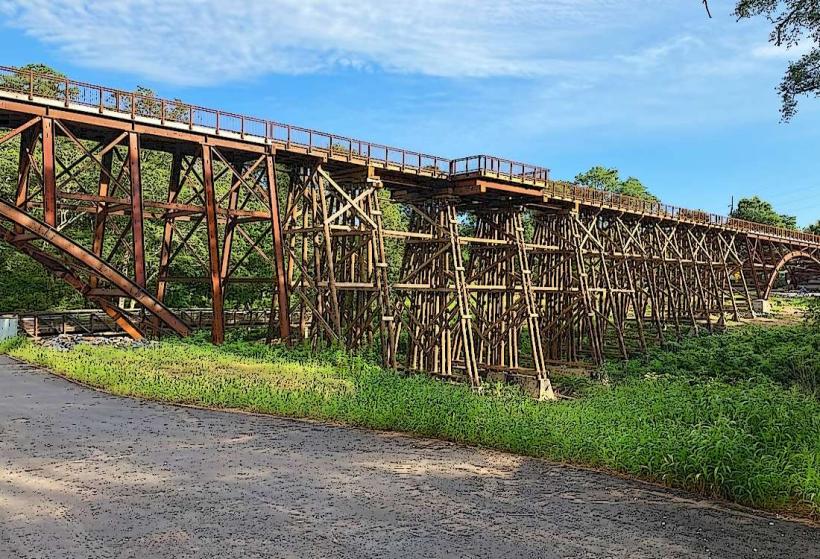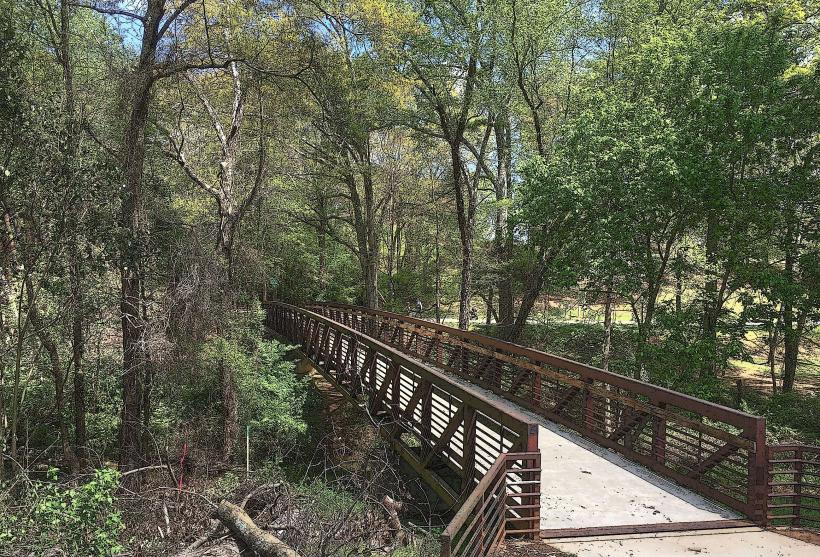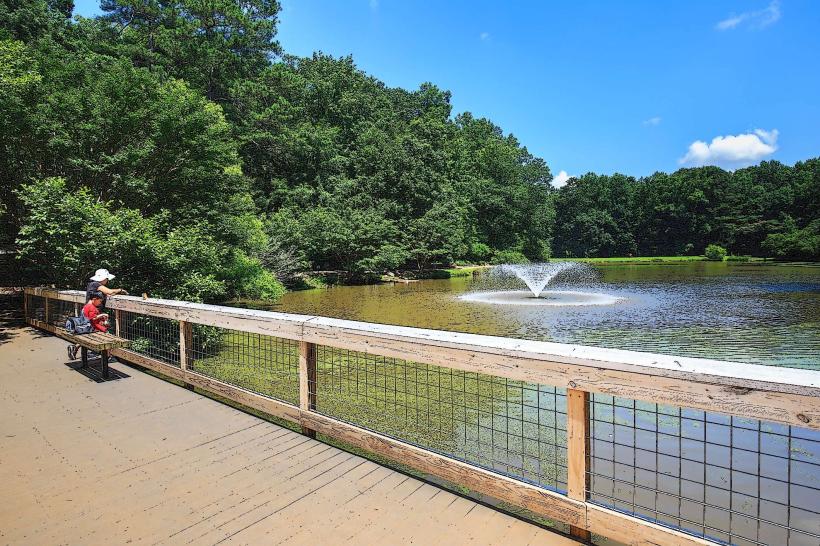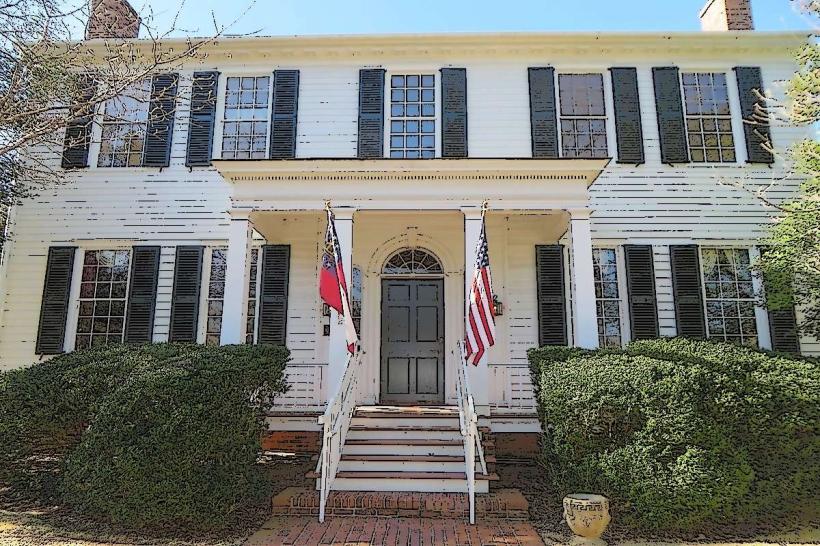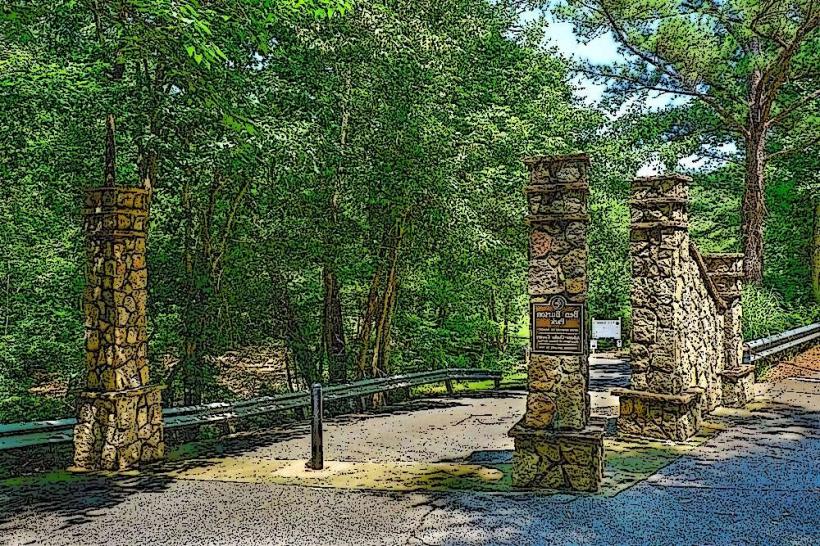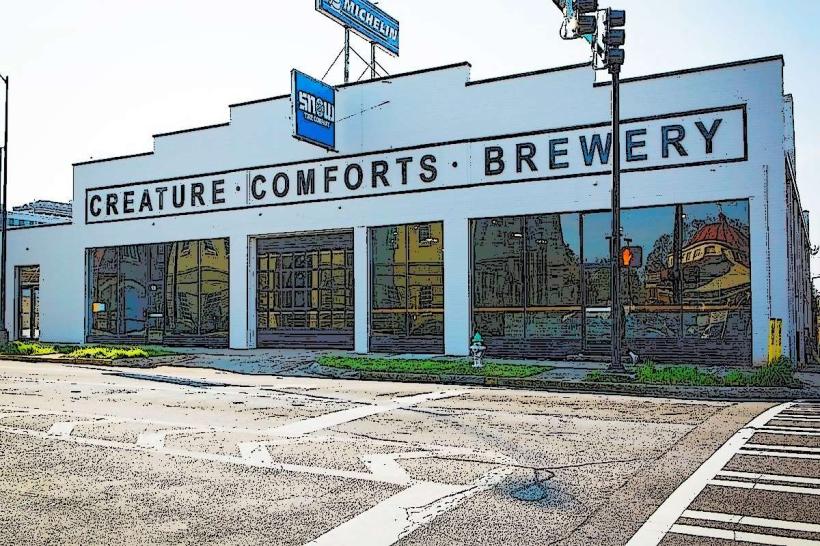Information
Landmark: Bear Hollow ZooCity: Athens City
Country: USA Georgia
Continent: North America
Bear Hollow Zoo, Athens City, USA Georgia, North America
Bear Hollow Zoo is a zoological park located in Athens, Georgia, USA.
It houses a collection of native Southeastern wildlife.
Visual Characteristics
The zoo features naturalistic enclosures constructed with wood and stone. Enclosures are designed to mimic the animals' natural habitats, with varying levels of vegetation density. The primary structures are single-story buildings housing administrative offices and animal care facilities.
Location & Access Logistics
Bear Hollow Zoo is situated at 300 North Hull Street, Athens, Georgia. It is approximately 1.6 km (1 mile) north of the Athens City center. Parking is available on-site in a dedicated lot. Public transport options include the Athens-Clarke County Transit bus line 5, which stops within a 0.4 km (0.25 mile) walk of the zoo entrance.
Historical & Ecological Origin
Bear Hollow Zoo was established in 1999. Its purpose is to educate the public about the native fauna of the Southeastern United States and to provide rehabilitation for injured or orphaned wildlife. The site is located within a mixed deciduous forest ecosystem.
Key Highlights & Activities
Observation of native species including black bears, river otters, and various birds of prey. Educational programs are offered daily. Visitors can walk the paved pathways connecting the enclosures.
Infrastructure & Amenities
Restrooms are available near the main entrance. Limited shaded areas are provided by mature trees and some covered seating. Cell phone signal (4G/5G) is generally consistent within the park. No on-site food vendors are present; however, several restaurants are located within a 0.8 km (0.5 mile) radius.
Best Time to Visit
For optimal animal activity, early morning or late afternoon is recommended. The months of April through October offer the most favorable weather conditions. No tide-dependent activities are relevant.
Facts & Legends
A notable resident has historically been a black bear named "Smokey," a common name for bears in the region. The zoo participates in Species Survival Plans (SSPs) for select native animals.
Nearby Landmarks
- 0.8km South: Athens-Clarke County Heritage Room
- 1.2km Southwest: The Georgia Museum of Art
- 1.5km South: The Morton Theatre
- 2.0km West: Herty Field

